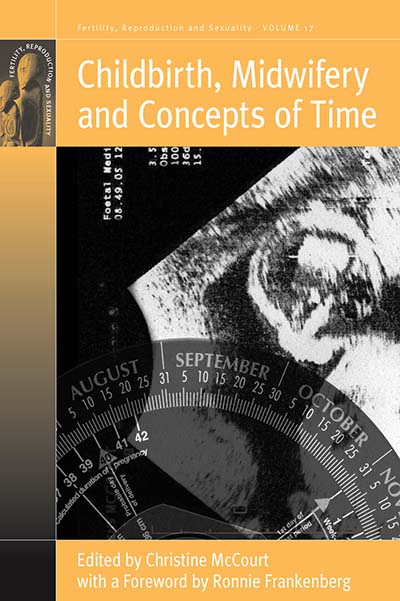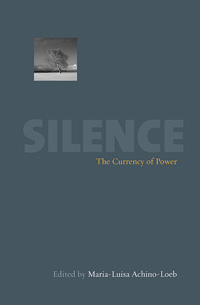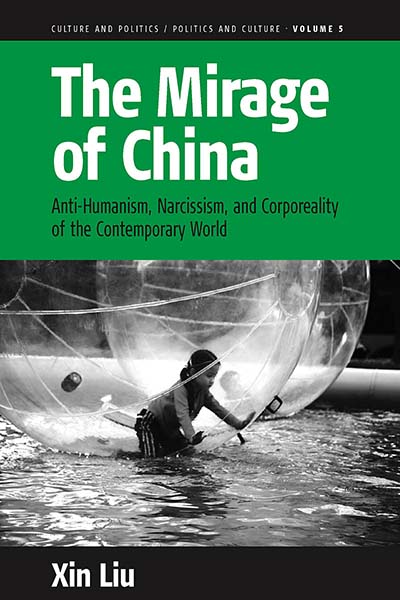
Series
Volume 17
Fertility, Reproduction and Sexuality: Social and Cultural Perspectives
See Related
Anthropology JournalsEmail Newsletters
Sign up for our email newsletters to get customized updates on new Berghahn publications.
Childbirth, Midwifery and Concepts of Time
Edited by Christine McCourt
Foreword by Ronnie Frankenberg
272 pages, 7 illus., bibliog., index
ISBN 978-1-84545-586-6 $135.00/£104.00 / Hb / Published (September 2009)
ISBN 978-1-84545-294-0 $34.95/£27.95 / Pb / Published (August 2010)
eISBN 978-1-83695-938-0 eBook
NOMINATED FOR THE CAR PRIZE FOR THE MOST NOTABLE RECENT EDITED COLLECTION DEVOTED TO THE ANTHROPOLOGY OF REPRODUCTION
Reviews
“In this fascinating, scholarly, and readable book the authors take us into our familiar worlds and make them strange, with the result that we can see clearly, with fresh, critical, and creative eyes, what goes on in our everyday world. Each of the chapters helps us see how differently time can be experienced and framed.” · Anthropology in Action
“While concerns regarding imposition of timeframes on pregnancy, labour and birth may be familiar to researchers and practitioners, McCourt’s book adds a cultural dimension to its critique that is frequently neglected in this debate… This book is a must-read for midwives and academics as well as midwifery, medical and social sciences students.” · The Practising Midwife
“This book is consistently well written, the ethnographic data are rich, and anthropological concepts and perspectives are successfully used to provide important insights into the meaning of time in relation to childbirth.” · Journal of the Royal Anthropological Institute
“Childbirth is an eurudite and lively collection of writings by some of the most creative and innovative authors around on the theme of time and childbirth. Drawing on anthropological and sociological perspectives, the authors have created a unique praxis which embodies theory and ethnographic empirical work. Chris McCourt has created a truly original book which will be on the ‘must read’ list for scholars, practitioners and all those with an interest in the meaning of birth in society today.” · Jane Sandall, Professor of Social Sciences & Women's Health, King's College
“This is a fascinating and thought-provoking book which provides rich insights into the meaning of time in relation to childbirth. Although time is central to the way that childbirth is viewed and 'managed', its significance has been largely ignored. This book fills this gap, drawing on a wealth of cross cultural studies undertaken by midwives and anthropologists, to explore how differing constructions of time affect the experiences of women and childbirth attendants. It provides an original and critical analysis, which will be of interest to childbirth practitioners and researchers as well as to the wider social science research community.” · Billie Hunter, Professor of Midwifery, Swansea University
“In this fascinating, scholarly and very readable book the authors, as they have done in their work, take us into our familiar worlds and make them strange, so that we can see more clearly, with fresh critical and more creative eyes, what goes on in our everyday world. Every chapter helps us see how differently time can be experienced and framed.” · Lesley Page, Visiting Professor in Midwifery Nightingale School of Nursing and Midwifery King's College London
Description
All cultures are concerned with the business of childbirth, so much so that it can never be described as a purely physiological or even psychological event. This volume draws together work from a range of anthropologists and midwives who have found anthropological approaches useful in their work. Using case studies from a variety of cultural settings, the writers explore the centrality of the way time is conceptualized, marked and measured to the ways of perceiving and managing childbirth: how women, midwives and other birth attendants are affected by issues of power and control, but also actively attempt to change established forms of thinking and practice. The stories are engaging as well as critical and invite the reader to think afresh about time, and about reproduction.
Christine McCourt studied for her degree and doctorate in social anthropology at the London School of Economics. Her doctoral work, an ethnographic study of the closure of a long-stay psychiatric hospital, was explicitly intended to be ‘applied anthropology’. From 2006 to 2010 she was Professor of Anthropology and Health, at Thames Valley University and she is now Professor of Maternal and Child Health at City University London. Her research and teaching is mainly focused on culture and organisation of biomedicine, maternal and infant care, and social and cultural issues affecting women’s health.




